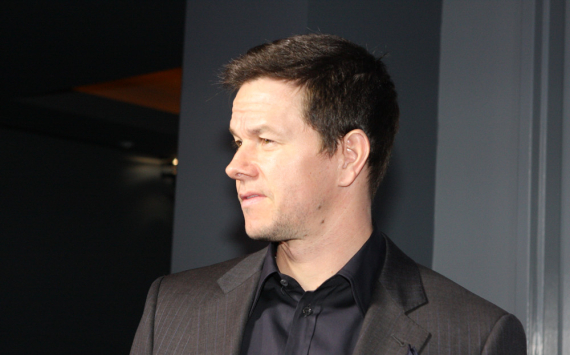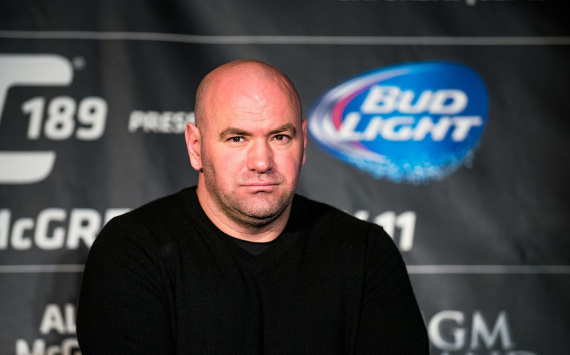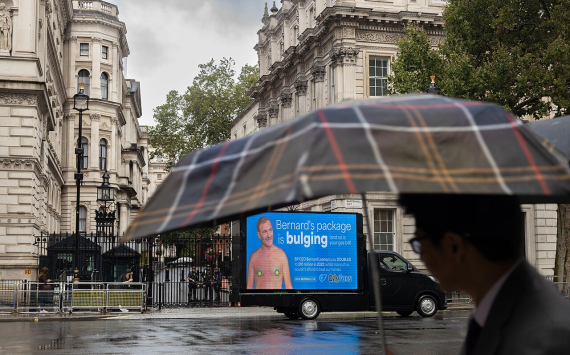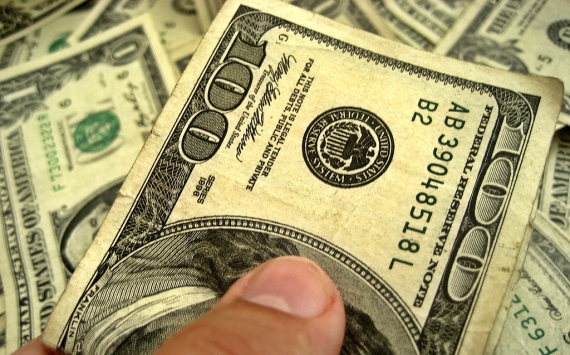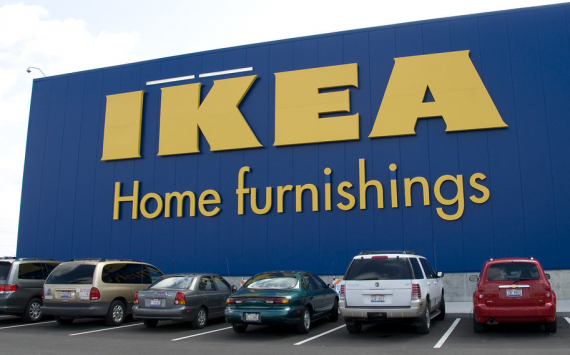
The IKEA Effect
For those accustomed to frequent shopping, the recent years may have involved skillful navigation through store aisles and bracing for potential price increases on beloved items like sandwiches, eggs, or home decor. Encouragingly, a glimmer of relief may be in sight, particularly for devotees of IKEA.
Ingka Group, the powerhouse behind 90% of IKEA stores worldwide, is poised to make a significant investment of $1.1 billion. Their goal? Absorbing cost increases and, in turn, reducing furniture prices — news that comes as a welcome surprise after months of relentless inflation, says Fortune.
IKEA's Deflation Strategy
IKEA, under the leadership of Juvencio Maeztu, is making a strategic shift by investing $1.1 billion to absorb rising costs instead of passing them on to customers. In 2022, IKEA's profit rose by 9%, overcoming challenges like increased energy costs and supply chain issues. However, prolonged price increases and higher interest rates are affecting consumers, particularly in the Eurozone and the U.K., where inflation peaked at 10.6% and 9.6%, respectively.
Maeztu emphasizes addressing consumer needs, stating that despite thin wallets, people turn to IKEA to maximize the value of their money in times of crisis. After maintaining prices by absorbing costs last year, Ingka's operating profit was €2 billion ($2.2 billion) in 2023. The current focus is on making IKEA goods even more affordable.
Global Trend: Deflation in Retail
IKEA, like Walmart, is slashing prices amid rising costs. In Europe and the U.S., where inflation nears 2%, IKEA, especially in furniture, may contribute to a broader deflation trend, unlike the faster-rising prices in food and drink.
Walmart CEO Doug McMillon hinted at a shift, saying, "In the U.S., we may be managing through a period of deflation in the months to come."
IKEA's Resilience and Customer Insights
IKEA's resilience is evident in a 5.4% revenue increase to €44.3 billion ($48.6 billion). Customer insights reveal a surge in storage solutions amid rising U.S. (46%) and EU (18%) house prices.
Future plans involve opening on London's Oxford Street, acquiring a Brighton mall for £145 million ($183 million), and allocating €314 million ($320 million) for staff bonuses. Despite a 7% headcount reduction, IKEA remains committed, signaling resilience amid challenges and a potential shift towards deflation.






